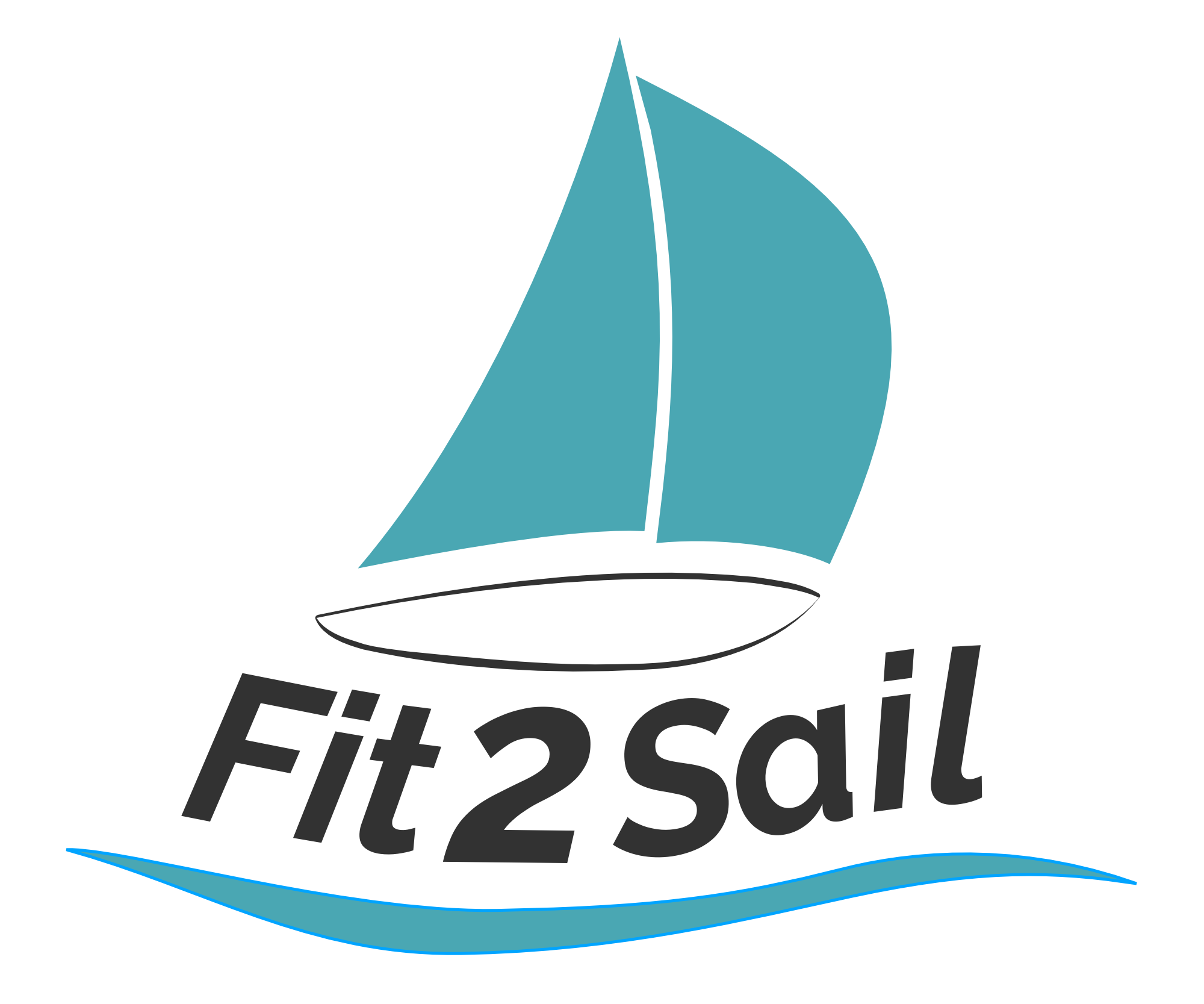What's Behind the Stove?
Calypso’s galley has always had outboard storage along the hull. Up until about 18 months ago (when we ripped the whole galley out, down to bare hull), that storage, divided into 3 sections, was accessed by beautiful mahogany doors that swung up, held in place with hooks along the underside of the deck. The storage itself was shallow, ranging from 10 inches deep at the forward end to 6 inches deep at the aft end. There wasn’t much you could actually keep in those storage areas, plus the fact that anytime you wanted to get inside you had to clear the counter in front of the doors . . . Still, it seemed to be the logical place to store essential galley stuff. Plates, cups. Coffee paraphernalia. You get the idea.
When it came time to redo the galley, that outboard storage was one of the big changes we knew we wanted to make. (Other than the counters and the sink - those were the biggest items from an aesthetic standpoint.) Not only were those gorgeous doors being relegated to other uses, the space itself was being rethought. Usable storage space that isn’t underneath something else? Sign me up! Now we’ve got deep storage all along the outboard edge of the galley, accessed by smoked-glass sliding doors. Ahhhh.
Breakfast dishes still in the sink
My mother-in-law is a master organizer. Practical and intuitive, she’s the one who helped me figure out what went where, back when we were first moving aboard almost 30 years ago. I was looking at the deepest part of that outboard storage as prime real estate for my plates and dishes. She stopped me. “This area (behind the stove) isn’t very accessible. You will want your plates and dishes at least 3 times a day. Put items you use less frequently behind there.” She was totally right. That’s where my coffee stuff went - I only needed to get at that once a day. The dishware fit, with some creative organization, in the next section aft - and was the most easily accessed space of all. Every time I reached for a plate, I thought about Anik and her wise words.
So with our new expanded galley storage, I started off with the coffee stuff in its accustomed place. 30 years of habit can’t be bad, can it? Except on that very first morning, as I reached over the stove to wrestle out the coffee grinder, I remembered how many times I’d start the stove before trying to get out my coffee items, only to have to turn it right back off. Sure, I only need those items once a day. But to access that space means leaning right over the stove. I’d prefer to have the water started before I deal with all my coffee prep. What else could go in that space?
The aft end of the storage is where I had envisioned keeping large pots, like the pressure cooker and the “magic pot”, things that I don’t use all the time but don’t want relegate to deep storage in inaccessible places. There’s still some leaning over counters to get at that space; the nature of our galley and how the boat is makes such a reality inevitable. But. It’s not over a stove!
In a flash of inspiration, I moved the pressure cooker to behind the stove, outboard, with my most-used 2-quart saucepan nestled in closer to any reaching hands. Cooking being what it is, you’ll get a pot out before you need to start the stove. The coffee business - the grinder, the bean container, the press, the sugar, the mugs - moved aft, to a space that, before the galley refit, was too narrow for more than a couple of very small Tupperware-style containers.
Small counter piece still not set in place. Not sure about the “tools” box. Getting there!
It’s been all of 3 mornings, and already I’m jazzed. I can start the kettle, leisurely put away dishes from last night, grind the coffee beans and even put the grinder away, all before the kettle starts its whistle. No leaning over a hot burner, no worries about cleaning the counter off to open swing up doors. Making soup or rice involves sliding the slider behind the sink and reaching in to grab the little pot, its handle conveniently grabbable with no leaning over anything at all.
It’s not to say that the storage is all figured out, not by a long shot. There are containers to source, weeding out of excess gear to be done. But being willing to iterate, to really think about how and WHEN you use any given item, is key to making small changes that make a very large difference in how pleasant it is to work aboard.


